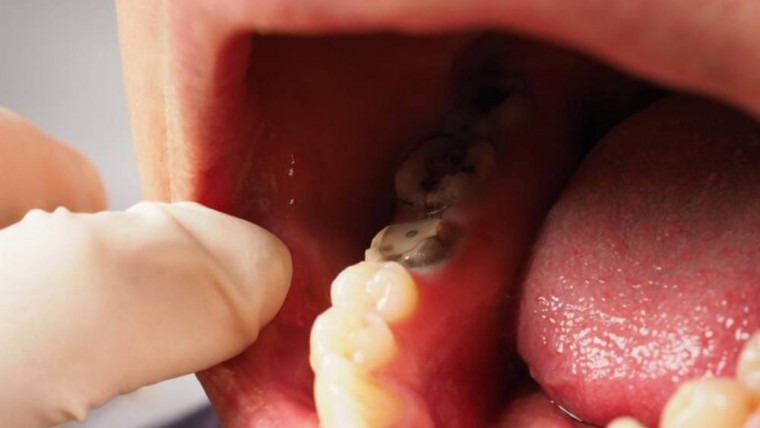In the pursuit of optimal dental health, we often focus on regular brushing, flossing, and dental checkups. However, one aspect that is sometimes overlooked but plays a crucial role is nutrition. What we eat not only affects our overall health but also has a significant impact on the health of our teeth and gums. In this article, we’ll explore the important role of nutrition in maintaining healthy teeth and gums and provide practical tips for incorporating dental-friendly foods into your diet.
- Calcium for Strong Teeth: Calcium is a mineral essential for building strong teeth and bones. Incorporating calcium-rich foods like dairy products (milk, cheese, yogurt), leafy greens (kale, spinach), and fortified foods into your diet can help strengthen tooth enamel, the protective outer layer of your teeth. Additionally, calcium helps maintain the integrity of your jawbone, which is crucial for supporting your teeth.
- Vitamin C for Healthy Gums: Vitamin C is vital for gum health as it helps prevent gum disease by promoting collagen production and strengthening the connective tissues that hold your teeth in place. Citrus fruits (oranges, strawberries, kiwi), bell peppers, broccoli, and tomatoes are excellent sources of vitamin C. Including these foods in your meals or snacks can help keep your gums healthy and reduce the risk of gum inflammation and bleeding.
- Phosphorus for Tooth Mineralization: Phosphorus works alongside calcium to strengthen tooth enamel and promote remineralization, the process of repairing minor damage to teeth. Foods rich in phosphorus include meat, fish, poultry, eggs, nuts, and whole grains. Including these phosphorus-rich foods in your diet can support the maintenance of strong and healthy teeth.
- Vitamin D for Calcium Absorption: Vitamin D plays a crucial role in calcium absorption, which is essential for maintaining strong teeth and bones. While our bodies can produce vitamin D through exposure to sunlight, it can also be obtained from dietary sources such as fatty fish (salmon, mackerel), egg yolks, fortified dairy products, and fortified cereals. Ensuring an adequate intake of vitamin D can help optimize the benefits of calcium for dental health.
- Water for Hydration and Oral Health: Staying hydrated is essential for overall health, including oral health. Water helps rinse away food particles and bacteria, preventing them from accumulating on teeth and gums and reducing the risk of cavities and gum disease. Opting for fluoridated water can provide additional protection against tooth decay by strengthening tooth enamel.
- Limit Sugary and Acidic Foods: While certain foods can promote dental health, others can have detrimental effects. Sugary and acidic foods and beverages can contribute to tooth decay and enamel erosion. Limiting consumption of sugary snacks, sodas, fruit juices, and acidic foods can help protect your teeth from damage. When indulging in these treats, be sure to brush your teeth or rinse your mouth with water afterward to minimize their harmful effects.




